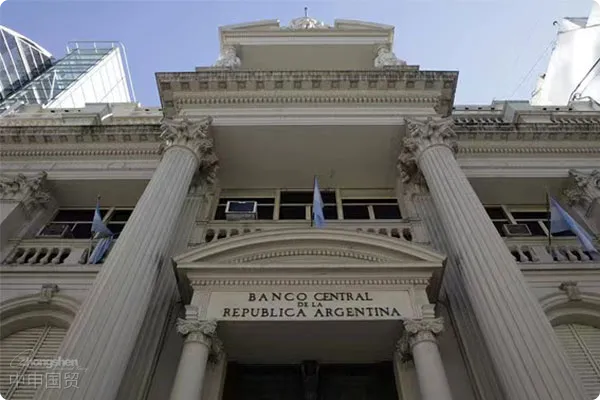- Shanghai Zhongshen International Trade Co., Ltd. - Two decades of trade agency expertise.
- Service Hotline: 139 1787 2118
Recently, Argentinas newly elected president, Milei, announced a series of changes in economic policies. These changes mainly focus on abolishing import restrictions and updating the import payment system. The implementation of these policies aims to stimulate the free - trade development of the Argentine economy, but it also brings many trade risks.
First of all, Argentinas Minister of Economy, Luis Caputo, announced the abolition of import restrictions on December 26. Caputo said: This means that the government bureaucracy will no longer decide who can import goods, which is expected to improve the operational efficiency of small and medium - sized enterprises. The tax authorities have replaced it with an import management system that is more data - dependent, while the original system required manual approval for each batch of goods, with a cumbersome process.
Import shortages have always been a pain point for Argentinas real economy. The previous import restrictions have led to supply shortages and increased inflationary pressure. Data from the Argentine Bureau of Statistics shows that in November 2023, Argentinas exports declined by 31.6% year - on - year, imports narrowed by 4.8% year - on - year, and the trade deficit reached 615 million US dollars.
The central bank plans to issue US-dollar bonds for importers to repay approximately $30 billion in overseas commercial debts. The annual interest rate of these bonds is 5%. Meanwhile, a new import payment system came into effect on December 13, which details how to access the foreign exchange market.

Although these measures help ease inflationary pressures, Argentinas economic situation remains complex. On December 12, Argentina devalued its currency, with the official exchange rate dropping to 800 pesos per US dollar, a 54% devaluation of the peso. This devaluation led to a sharp drop in the black - market exchange rate to 1,080 pesos per US dollar, triggering a rapid rise in prices across the country. From November to December, Argentinas inflation rate reached a 32 - year high of 142.7%.
Forforeign tradeenterprises, these changes mean increased uncertainty in the Argentine market. The devaluation of the Argentine currency and high inflation may lead to an increase in their procurement costs, posing financial risks to foreign exporters. In this situation, foreign - trade enterprises need to closely monitor changes in the Argentine market to ensure the safety of payment for goods.
Related Recommendations
Contact Form
? 2025. All Rights Reserved. 滬ICP備2023007705號-2  PSB Record: Shanghai No.31011502009912
PSB Record: Shanghai No.31011502009912









